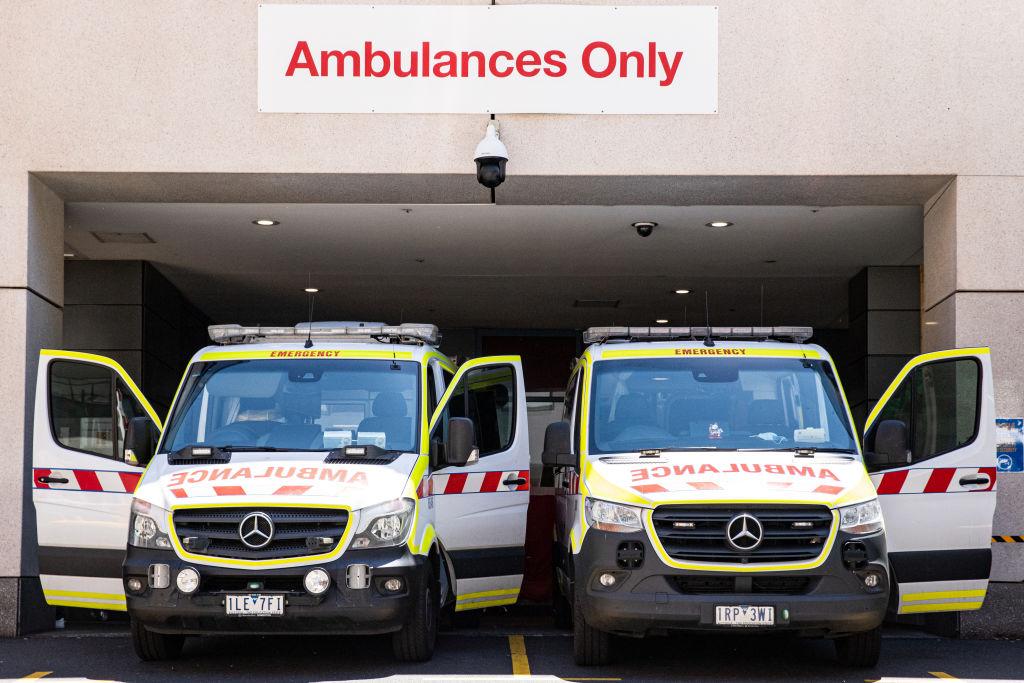The Australian Medical Association (AMA) has called for an urgent overhaul of the nation’s public health system following a report that found hospital performance to be at its lowest level since the 90s.
Bed availability, emergency wait times, “planned” surgery wait times and access to specialists in the public health system were among the performance indicators that showed significant problems across all states and territories, according to the AMA’s 16th annual report card.





